Assessment Map
Welcome to the MOUD Hub. If you need help figuring out where to start, follow this quick assessment.
The action stage is when you have engaged in the change behavior, in this case, starting your MOUD journey. This phase will offer resources that will support you in this transition.
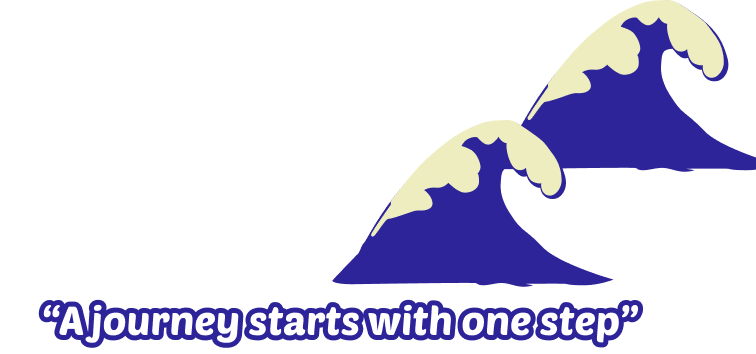
Planning your schedule around your medication may take some time to get used to.
Using your phone’s calendar or a planner may be helpful in maintaining this schedule.
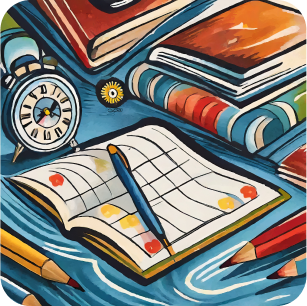

If you take medications at home versus at an OTP, take them when you do another daily activity you never forget. This way you won’t forget to take your medication.
Set an alarm for your medication times.
Make a medicine chart, listing each medication you take and when to take them. Leave a space to check off when you take the medication to avoid taking it again.
Store your medications in the same place and keep out of reach of children.

Coping with cravings, withdrawal, and any other uncomfortable feelings will be important in your treatment journey. Coping skills are methods a person uses to deal with stressful situations. They may help a person face a situation, take action, and be flexible and persistent in solving problems.
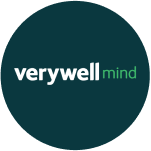
Here is a helpful article for helping with withdrawal symptoms
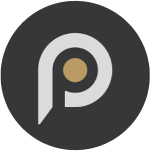
Here are 60+ essential coping skills you can use:


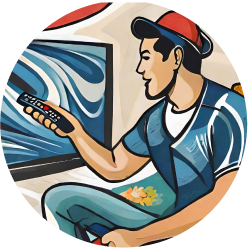
Distraction: watching tv, listening to music, cleaning or organizing your room

Social: talk to a loved one, care or play with your pet, spend time with family or friends
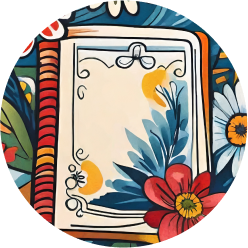
Cognitive: make a gratitude list, look at inspirational quotes, write a list of pros and cons for decisions
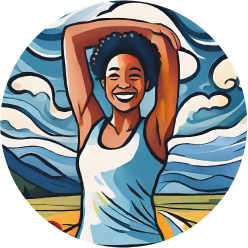
Physical: exercise, sleep, eat well
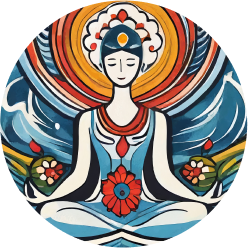
Spiritual: Meditate, volunteer, be in nature



Body aches, headaches, and cold or flu like symptoms— Check with your doctor about over the counter medicines you may take.
Dizziness—Stand up slowly. Call your doctor if problems persist.
Sweating—Shower often. Dress in layers.
Constipation—Drink more water and juice. Eat food with fiber. Exercise more.
Sleep problems, including tiredness—Take the pill in the morning. Avoid naps. Go to bed at the same time every night. Exercise. Do not drink caffeine after lunchtime.
Upset stomach or vomiting—Take the pill after you have eaten. Take an antacid product as directed by your doctor.
Serious side effects—For extreme stomach pain, vomiting, or diarrhea, contact your doctor right away. Also seek help if the following side effects appear, because they may indicate serious liver problems:
• Dark or tea colored urine
• Bad stomach ache
• Light colored bowel movements
• Yellowing in the whites of the eyes
• Yellow skin.
Mood swings—Exercise more. Do fun things that do not involve the drug use-related lifestyle. Relax. Talk to your substance use treatment provider.

NAMI is an additional resource that can be used: https://www.nami.org/Support-Education/Support-Groups/NAMI-Family-Support-Group
Al-Anon is a helpful support group for family and loved ones of someone who is struggling with substance use.